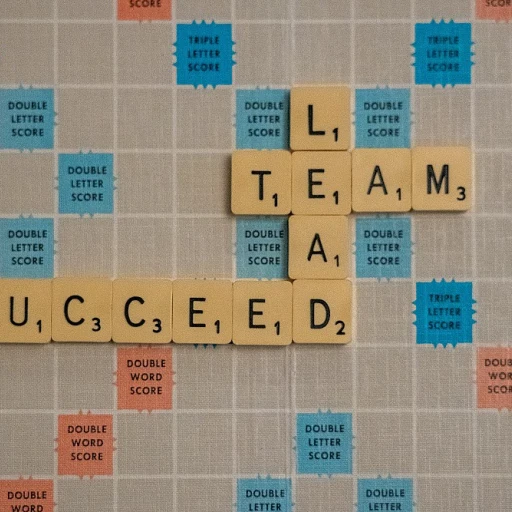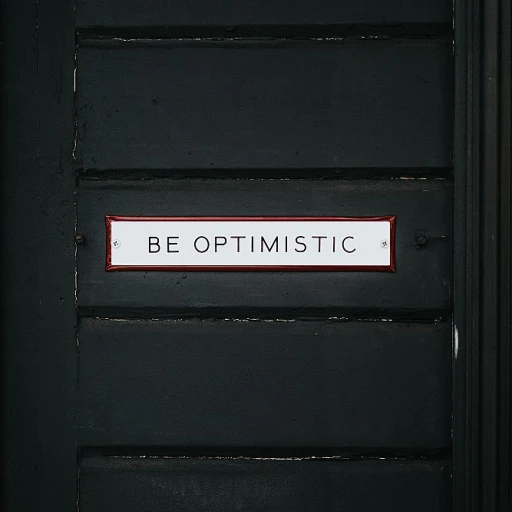
The Purpose of a Screening Interview
{"The Role of Screening Interviews in Hiring
Screening interviews play a critical part in the hiring process, serving as the first filter in identifying the most suitable candidates for a job position. These preliminary interviews aim to narrow down a potentially large pool of applicants, ensuring only the best candidates proceed to more in-depth interview stages. By gauging basic qualifications and interest in the role, hiring managers can efficiently decide who aligns with the needs of the company.
Typically conducted over the phone or via video, these interviews save time for both the company and the candidate, offering a convenient approach to gauge compatibility without dedicating to an extensive in-person meeting. The screening interview allows hiring teams to assess whether a candidate’s experience and skills match the job requirements and evaluate their potential cultural fit with the company and the team they’ll work with.
Moreover, the screening interview gives candidates an opportunity to ask questions about the job role and learn more about the company culture, offering insights into whether this is a place where they can envision themselves contributing effectively. Those who move beyond this stage in the interview process are typically seen as having a strong potential to fulfill the needs of the position and work harmoniously with existing team members.
Common Screening Interview Formats
Various Formats in Screening Interviews
Screening interviews can take on different formats depending on the company's preference, the role being hired for, and the best approach to efficiently evaluate candidates. These interviews are often the first step in the hiring process and aim to narrow down the pool of applicants.- Phone Screenings: Often, the initial touchpoint with candidates will be through a phone screening. This quick and cost-effective method provides hiring managers the opportunity to assess a candidate's interest in the position, verify work experience, and gauge their communication skills.
- Video Screenings: The video screening has become increasingly popular as it allows both parties to interact more personally without geographical constraints. Video interviews are convenient and can give insights into a candidate's familiarity with digital tools, setting the stage for understanding their fit within a tech-driven work environment.
- Automated Screening Tools: Some companies have adopted automated tools to conduct pre-screening interviews. Around-the-clock availability and time efficiency are significant advantages when processing large volumes of applicants.
- One-Way Video Interviews: In this format, candidates answer pre-recorded questions via video. While it saves time for interviewers, it requires candidates to demonstrate their ability to communicate clearly and succinctly in a virtual setting.
Key Questions Asked During Screening Interviews
Core Interview Questions to Expect
During a screening interview, whether it is over the phone, through a video call, or an in-person method, key questions are designed to evaluate the suitability of the candidates for the specific position. Understanding these questions can prepare you to present yourself effectively and align your answers with the company's expectations throughout the interview process.
An essential component of the screening stage involves questions that probe your work experience and skills relevant to the role. Interviewers may ask about your previous job responsibilities, your problem-solving capabilities, or how you contribute to team success. The aim here is to gauge not just your expertise but also how your experiences have prepared you for the new role.
Another common set of questions will focus on the company culture and how you might fit within it. It's not just about your qualifications; the hiring manager is also keen to understand whether your personality and work values align with the team members you will collaborate with daily. Expect inquiries about your preferred work environment and your approach to collaboration.
Additionally, motivations and expectations often come under scrutiny. Interviewers might inquire why you are interested in the position and what you are looking for in your next job to determine if the company can realistically meet your career goals and aspirations. This can also include your long-term professional outlook and how the company fits into your plan.
Finally, logistical questions during the screening may tackle your availability for the role, willingness to undergo a potential relocation, or adapt to specific work conditions, such as flexible hours. To excel in this stage, it's best to be clear and concise while expressing enthusiasm for the position and demonstrating an understanding of the company's expectations.
Evaluating Candidate Fit
Assessing Alignment with the Company and Role
During a screening interview, one of the key focuses is evaluating candidate fit for the position and the company. This part of the interview process aims to determine how well a candidate's skills, experiences, and values align with the job role and the organization's culture. Firstly, understanding the candidate's work experience is crucial. Hiring managers and interviewers assess whether a candidate's previous roles and responsibilities match the requirements of the new position. This is particularly important for roles that demand specific expertise or technical skills. Moreover, cultural fit plays a significant role in the evaluation process. Companies strive to hire individuals who will thrive in their team and contribute positively to the work environment. Therefore, interview questions during this stage might explore the candidate's preferences regarding teamwork, decision-making styles, and adaptability to change. This is especially relevant when conducting a video screening or phone screening, where body language cues are limited. Another aspect considered is the candidate's understanding of the company and its values. Potential candidates will often be asked about their knowledge of the company's products, services, or mission statement. Demonstrating a genuine interest in the company and its industry can significantly impact the hiring decision. Lastly, candidates should express how they can add value to the team and the broader organization. Whether discussing their strategic thinking or leadership abilities, showcasing contributions to previous projects can help interviewers envision the candidate as part of their workforce. In sum, evaluating candidate fit is a multi-faceted process involving both skill assessments and cultural compatibility. By preparing for this aspect of the interview screening, candidates enhance their chances of advancing further in the hiring process.Tips for Success in Screening Interviews
Strategies to Thrive in Screening Interviews
Navigating the screening interview can be a pivotal step in landing your desired job. Achieving success requires a clear understanding of the process, from the types of questions to anticipate to exploring the cultural fit within the company. Here are some strategies candidates can employ to stand out during this critical phase:- Preparation is Key: Before any interview, invest time in researching the company and comprehending the role. Familiarity with the organization’s mission, values, and recent developments will allow you to tailor your responses and demonstrate a genuine interest in becoming part of their team.
- Practice Common Interview Questions: Many screening interviews will include standard questions that assess your qualifications and experience relevant to the position. Rehearse your responses to these typical prompts, which will provide confidence during the actual interview.
- Showcase Your Fit: Understand the company culture and how your personal values align with it. During the interview, provide specific examples from your past work experience where you've demonstrated qualities that resonate with the company’s ethos.
- Embrace the Format: Whether a phone screening or video interview, ensure you are comfortable with the technical setup. Eliminate potential distractions, check your internet connection for video screenings, and choose a quiet location for phone interviews to facilitate clear and focused communication.
- Engage Actively: A screening interview is also an opportunity to assess the company. Prepare thoughtful questions to ask the interviewer. This not only shows your interest but also helps you gauge whether the role aligns with your career goals and aspirations.
- Display Enthusiasm: Conveying passion for the job and excitement to contribute to the company will make a memorable impression. Be sure to let your enthusiasm be evident through your tone and body language, particularly in video screenings.
Common Mistakes to Avoid
Slip-Ups to Steer Clear of During Screening Interviews
Participating in a screening interview can be daunting, and like any other job interview, certain pitfalls are best avoided to ensure you shine as a candidate.- Neglecting Research: Familiarize yourself with the company and the role you are interviewing for. Understanding the company culture and the job position will help tailor your responses to show you are a good cultural fit.
- Improper Preparation for Interview Formats: Depending on whether it's a phone screening or a video interview, ensure you are equipped with the right setup. For video screenings, check your technology and backdrop to avoid interruptions or distractions.
- Overlooking the Importance of Communication Skills: Communication is key during interviews. Listen carefully to the questions asked and respond clearly and concisely. Avoid rambling and keep your answers relevant to the role and the interview questions.
- Ignoring the Interviewer's Experience Insights: The hiring manager or team members may share insights about the role or company that are valuable. Demonstrating your understanding and expressing how your experience relates to theirs shows preparedness.
- Failing to Ask Questions: An interview is a two-way street. Prepare thoughtful questions that demonstrate your interest in the position and the company. This also helps in assessing if the role aligns with your career goals and work preferences.
- Inadequate Follow-Up: After the interview process, send a thank-you note to express gratitude for the opportunity. This helps to leave a positive impression and keeps you fresh in the mind of the hiring team.













